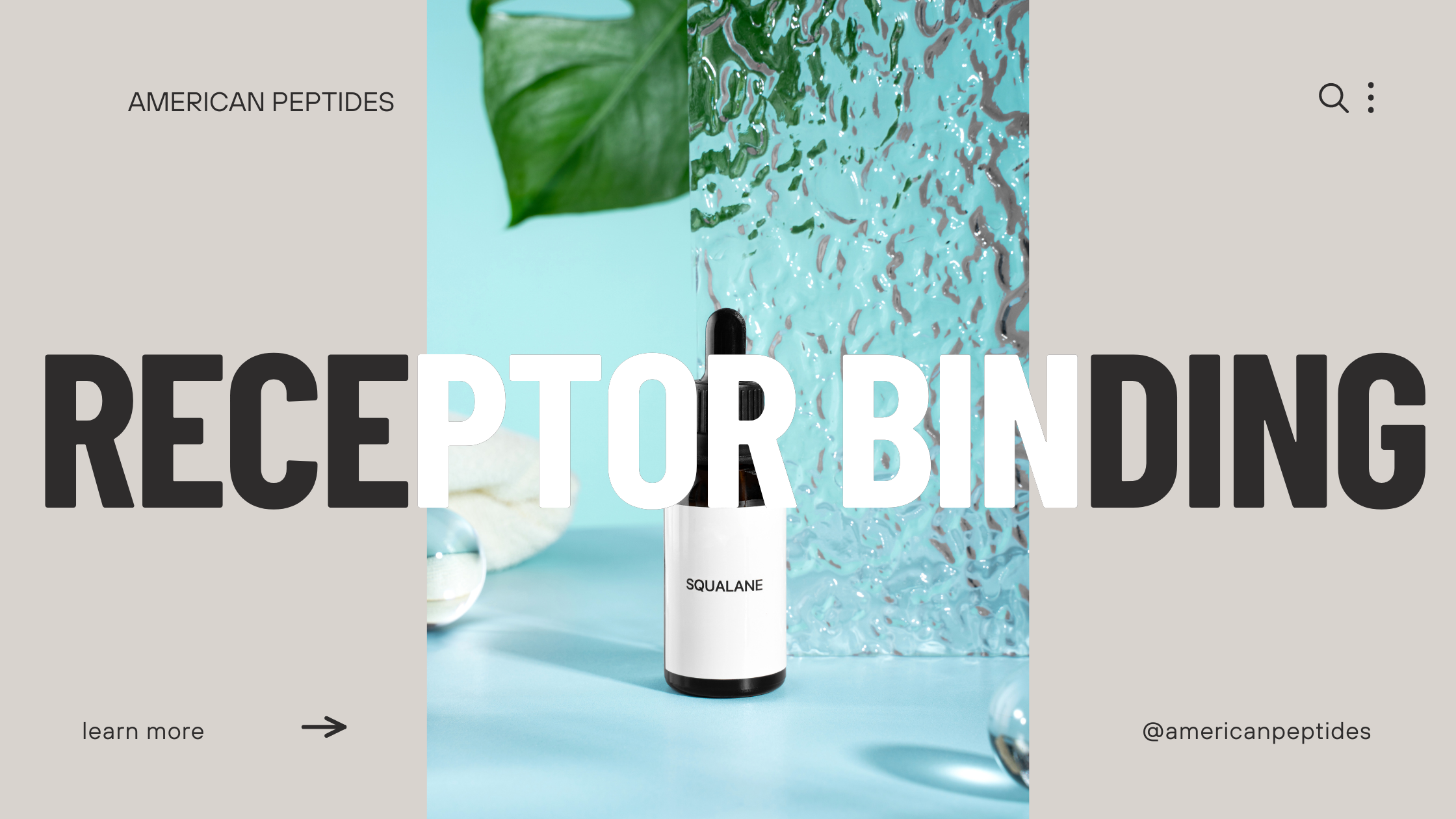The world of fitness and bodybuilding is continually evolving, with athletes and enthusiasts always seeking ways to enhance their performance and physique. Among the substances used to aid in these goals are Selective Androgen Receptor Modulators (SARMs) and anabolic steroids. While both can offer significant muscle gains and performance improvements, their legality varies greatly across different countries. Understanding these legalities is crucial for anyone considering their use.

What Are SARMs and Steroids?
SARMs are a class of compounds that selectively target androgen receptors in the body. They aim to provide the muscle-building benefits of traditional anabolic steroids without many of the associated side effects. SARMs are known for their ability to promote lean muscle growth, enhance recovery, and increase bone density.
Anabolic steroids, on the other hand, are synthetic derivatives of testosterone. They are widely known for their ability to significantly increase muscle mass and strength. However, they come with a range of potential side effects, including liver damage, cardiovascular issues, and hormonal imbalances.
Legal Status of SARMs and Steroids
The legality of SARMs and steroids varies significantly from one country to another. Here’s a closer look at their status in several key regions:
United States
In the United States, the legal landscape for SARMs and steroids is quite distinct:
- SARMs: As of now, SARMs are not approved by the Food and Drug Administration (FDA) for human consumption. They are often sold as research chemicals, which creates a legal grey area. However, the sale and distribution of SARMs as dietary supplements are illegal.
- Steroids: Anabolic steroids are classified as Schedule III controlled substances under the Anabolic Steroid Control Act of 1990. This means that possessing or distributing them without a prescription is illegal and can lead to significant legal consequences.
Canada
In Canada, both SARMs and steroids are regulated, but with some differences:
- SARMs: Similar to the United States, SARMs are not approved for human use. They can be legally sold as research chemicals, but their sale as dietary supplements is prohibited.
- Steroids: Anabolic steroids are listed under Schedule IV of the Controlled Drugs and Substances Act. Possession for personal use is not illegal, but trafficking and distribution without a prescription are criminal offenses.
United Kingdom
The UK has stringent regulations on both SARMs and steroids:
- SARMs: The Medicines and Healthcare products Regulatory Agency (MHRA) classifies SARMs as unlicensed medicines. This makes their sale for human consumption illegal. However, they can still be sold for research purposes.
- Steroids: Anabolic steroids are classified as Class C drugs under the Misuse of Drugs Act 1971. Possession for personal use is legal, but production, supply, and possession with intent to supply are illegal without a prescription.
Australia
Australia has a very strict stance on both SARMs and steroids:
- SARMs: SARMs are classified as Schedule 4 substances under the Therapeutic Goods Administration (TGA). This means they can only be obtained with a prescription and for therapeutic use.
- Steroids: Anabolic steroids are classified as Schedule 4 substances, making them prescription-only medicines. Possession, use, or distribution without a prescription is illegal and carries severe penalties.
European Union
Within the European Union, the legal status can vary slightly from country to country, but there are general trends:
- SARMs: Most EU countries do not approve SARMs for human consumption. They are typically available only for research purposes and not as dietary supplements.
- Steroids: Anabolic steroids are generally classified as controlled substances. Possession for personal use may be decriminalized in some countries, but distribution and sale without a prescription are illegal.
Health Implications and Ethical Considerations
While the legal status of SARMs and steroids is a critical consideration, potential users should also be aware of the health implications and ethical considerations associated with their use.
Health Risks: Both SARMs and steroids can have significant side effects. SARMs, while marketed as safer alternatives, can still cause hormonal imbalances, liver damage, and cardiovascular issues. Anabolic steroids are known for their extensive list of potential side effects, including liver toxicity, heart disease, and psychiatric effects.
Ethical Concerns: The use of performance-enhancing drugs raises ethical questions, especially in competitive sports. The unfair advantage gained through their use can undermine the integrity of sports and lead to stricter regulations and testing protocols.
Safer Alternatives and Recommendations
For those looking to enhance their performance and physique, there are safer and legal alternatives to SARMs and steroids. These include:
- Natural Supplements: Protein powders, creatine, and branched-chain amino acids (BCAAs) can support muscle growth and recovery without the risks associated with SARMs and steroids.
- Proper Nutrition: A balanced diet rich in protein, healthy fats, and complex carbohydrates can naturally support muscle growth and overall health.
- Consistent Training: A well-structured workout regimen tailored to individual goals can yield significant results over time without the need for banned substances.
- Consultation with Professionals: Working with healthcare providers, nutritionists, and certified trainers can help individuals achieve their fitness goals safely and effectively.
Read also about Receptor Binding
Conclusion
The legality of SARMs and steroids is a complex and evolving issue that varies greatly across different countries. While these substances offer potential benefits for muscle growth and performance enhancement, their legal status, health risks, and ethical implications cannot be overlooked. It is crucial for individuals to stay informed about the laws in their respective countries and consider the potential long-term consequences before deciding to use these substances. Always consult with healthcare professionals and consider safer, legal alternatives to achieve fitness goals.
Understanding the intricate legal landscape and making informed decisions can help promote safer practices and a more level playing field in the world of fitness and bodybuilding.









No responses yet